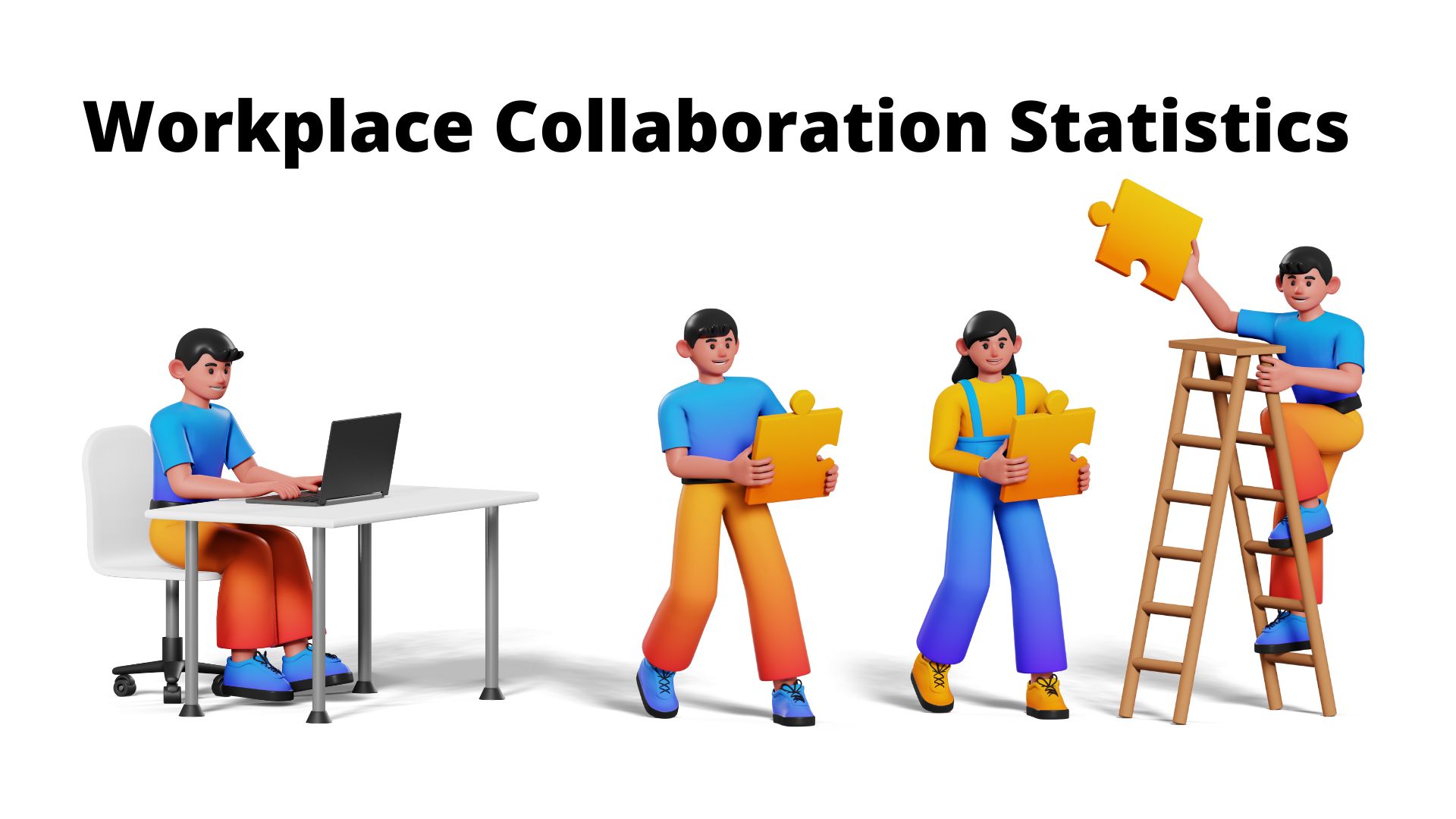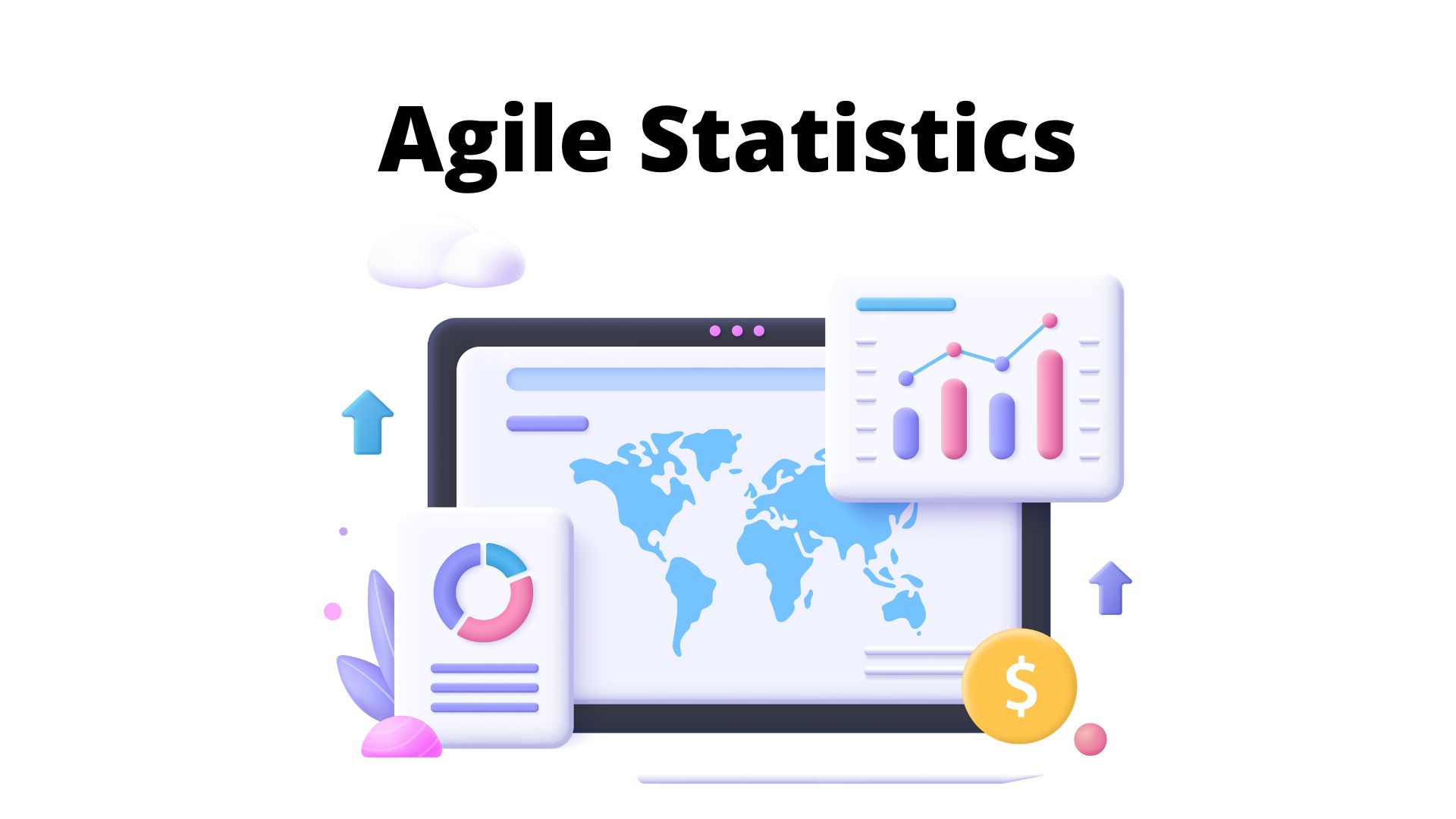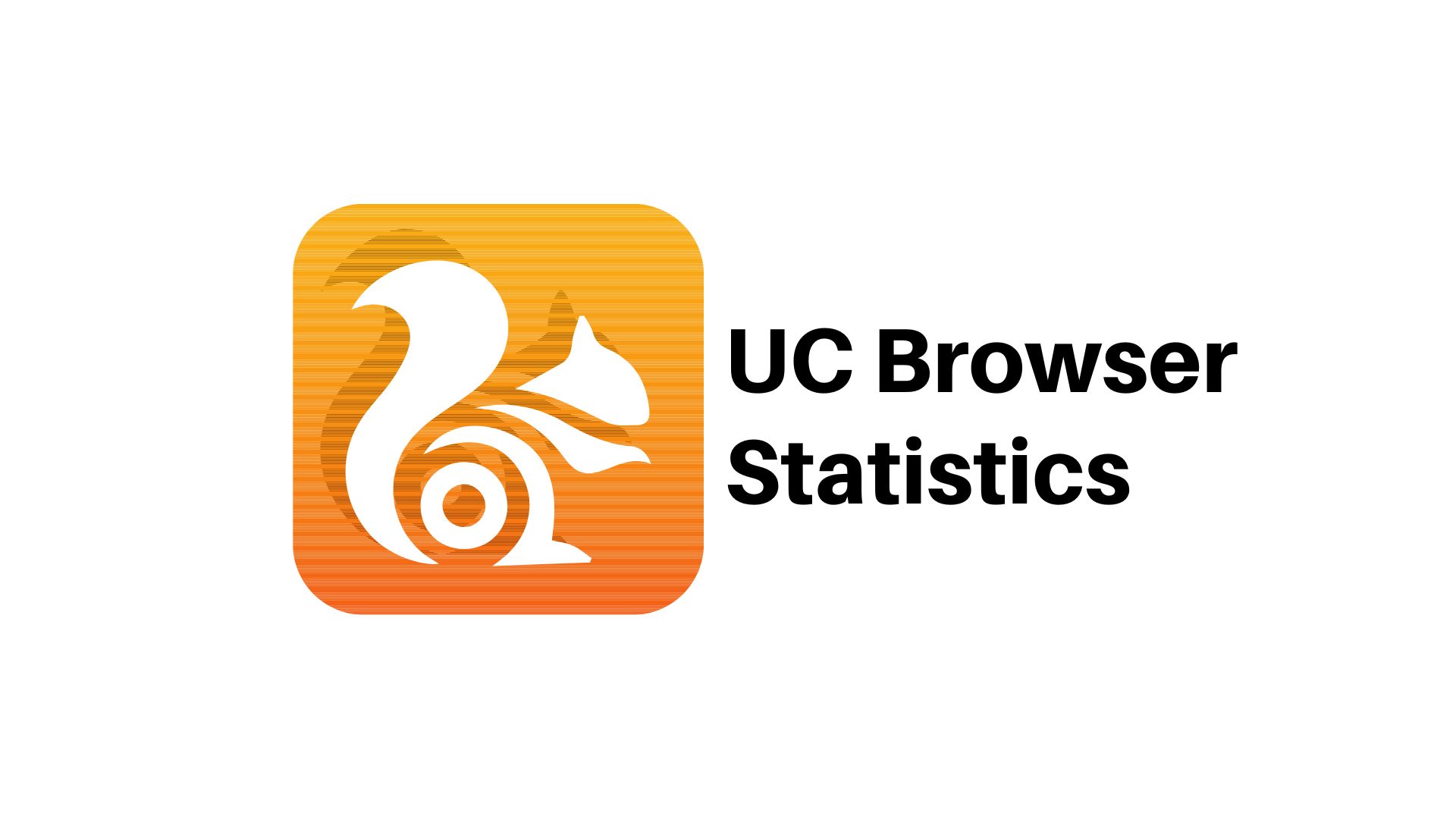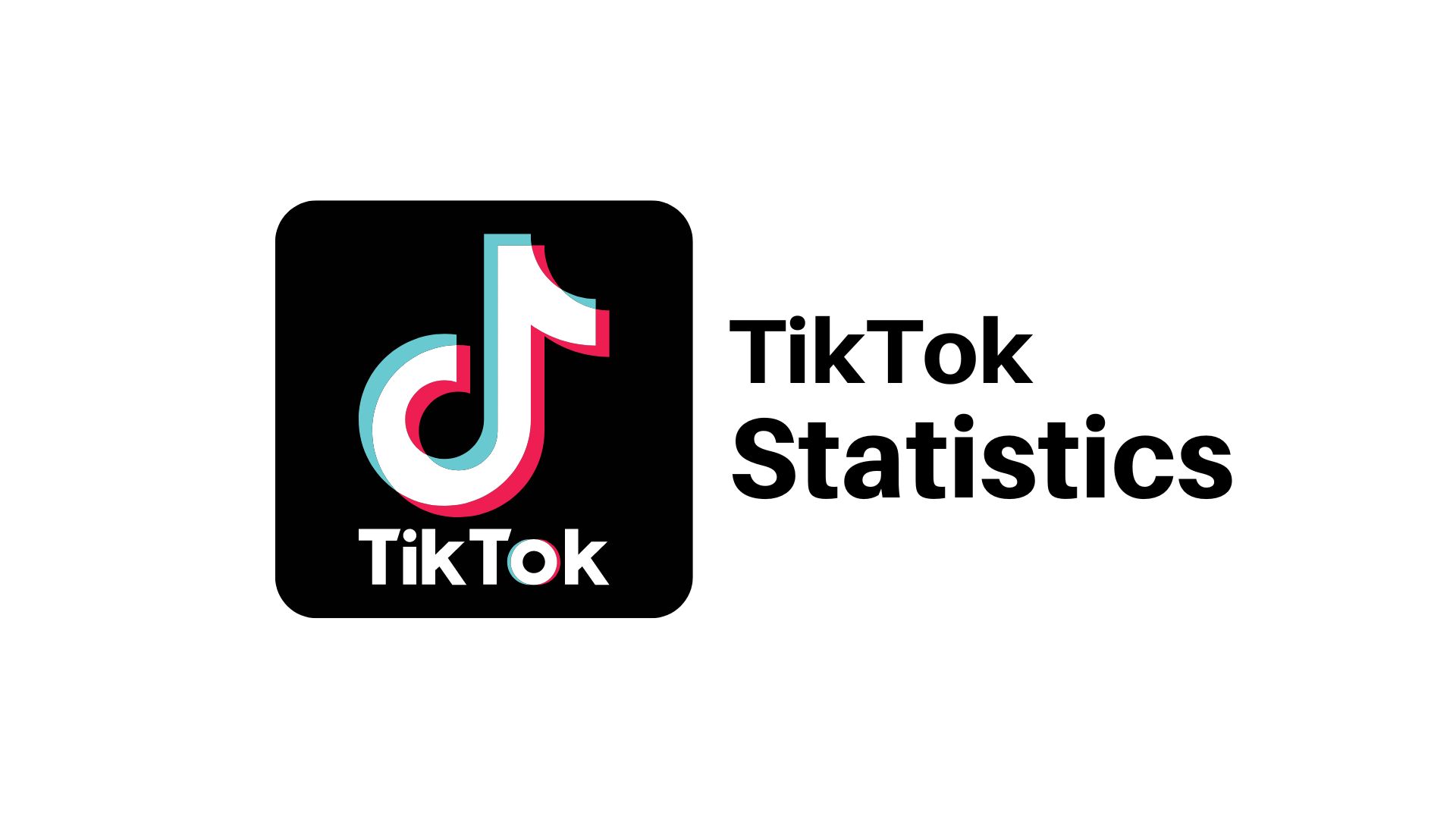More Mega Mergers if Oracle Succeeds
SAN FRANCISCO — If Oracle succeeds in its quest to buy PeopleSoft
, analysts surveyed by internetnews.com
said mega mergers are certain to follow.
Oracle CEO Larry Ellison's testimony in U.S. District Court California
Northern District Wednesday and other court documents in the government's
antitrust case are shedding light on how large technology companies are
turning to acquisition strategies instead of developing from within.
During his time on the stand, Ellison revealed that Oracle was still considering three or four other acquisitions
of unnamed public companies, including one that specialized in business
intelligence software, another that made only software applications, and a
third that produced middleware infrastructure software.
“Consolidation was happening. At the time, HP had acquired Compaq and in
looking at it, Oracle had to consider an acquisition strategy that it never
had to do before,” Ellison said about his decision to pursue Pleasanton,
Calif.-based PeopleSoft.
Analysts may be still up in the air on which side will prevail, but they agree that more mega mergers are on the way.
“The IT market is complex, difficult to define and transforming,” Mike Dominy, Director of Enterprise Services at research firm Yankee Group, told
internetnews.com. “Vendors are expanding the scope of the products
they offer and are moving into adjacent markets. An excellent example is
SAP's move into the application infrastructure market with NetWeaver. The vendor landscape can change quickly and dramatically. Consider for a moment
the impact of a Microsoft and SAP merger or IBM and SAP merger. Talk about having significant influence of enterprise IT budgets!”
Paul Hamerman, Forrester Research vice president of enterprise
applications, suggested that Oracle's lawyers
did not prove that Microsoft and IBM are competitors in large enterprise applications, but the outcome is too hard to call at this stage.
“Microsoft's applications don't meet the needs of large enterprises and
it is not targeting this segment. IBM is not in this business, except
through consulting services,” Hamerman told internetnews.com. “A
major acquisition (e.g., SAP) is the only way they could get into the game
near term. Other competitors like Lawson are in play, but not in the
majority of large enterprise deals.
“While the DOJ showed that the competition in high-function HR and
financial apps is limited to a few key players, it did not clearly define
‘high-function' applications to support its position and why this segment should be limited to the US. The case hinges on the narrow market definition put forth by the DoJ.”
Rob Christopher, a partner with legal advisory firm Coudert Brothers, said one thing he has learned from the disclosures about contemplated mergers is that the high-end of the enterprise software space already is highly consolidated, highly coveted and highly influential.
“We also have seen that the presence of three major players in this
segment of the software business makes for robust competition with sometimes
steeply discounted pricing that serves user organizations — whether
business or governmental — very well. Neither Oracle nor SAP like that,
which explains their witnesses' key testimony more than any other single
cause.”
Similar to Dominy's points, Christopher said IBM, Microsoft and others
may be threats to enter this space.
“But they are not now in this space, and any eventual entry likely will
take the route of acquisition,” Christopher said. “I don't see how such
entry into this market would improve competition, innovation or consumer
welfare.”
In a domino-like effect, Ellison said Oracle was looking at ways of
winning at SAP when PeopleSoft's acquisition of JD Edwards prompted an
e-mail between Oracle executive Safra Catz. The message triggered a series
of events that put together the unsolicited offer against PeopleSoft.
Earlier in the four-week trial, Ellison recounted some of the rationale to
acquire not only PeopleSoft but as many as eight
different acquisition targets, including Siebel and Lawson, which each
approached Ellison separately.
The lawsuit, brought forward by the Justice Department and 11 states,
also brought to light other potential mergers such as Microsoft's one-time $65
billion plan to acquire
SAP or rumblings about taking a controlling interest in PeopleSoft.
The DoJ suggests Oracle's acquisition of PeopleSoft reduces the number to
just two companies — SAP and Oracle — that supply Enterprise Resource
Planning (ERP) software designed to help a company run its critical business
functions.
Ellison said to compete with SAP and Microsoft, it was more beneficial
for Oracle to quickly acquire the technology than to build it.
Despite the best efforts of Oracle to pry away from the DoJ's anti-trust
claims, Oracle's attempt to take over PeopleSoft still faces many hurdles
including the shareholder rights “poison pill,” PeopleSoft's Customer
Assurance Program, and a potential antitrust challenge from the European
Union. The U.S. trial could wrap up Thursday pending Oracle's final witness
and a rebuttal witness called by the DoJ.

Michael Singer is a career coach, podcast host, and author to help you step into a career you're excited about. Currently, He is a coach and trainer helping entrepreneurs and executives achieve business and leadership success. He is also an award-winning business journalist focused on the intersection of technology, Big Data, Cloud, SaaS, SAP, and other trending technology.



